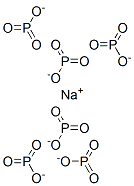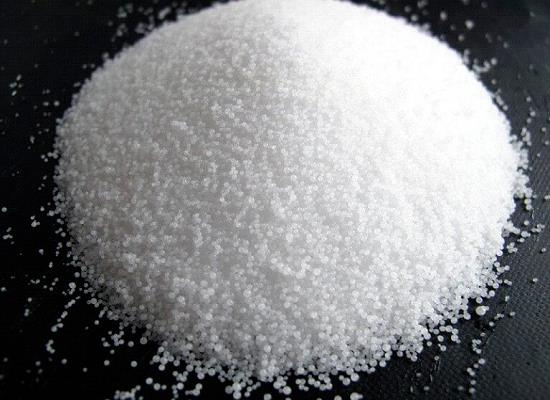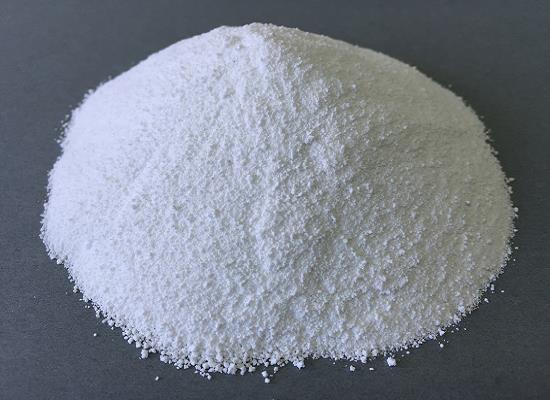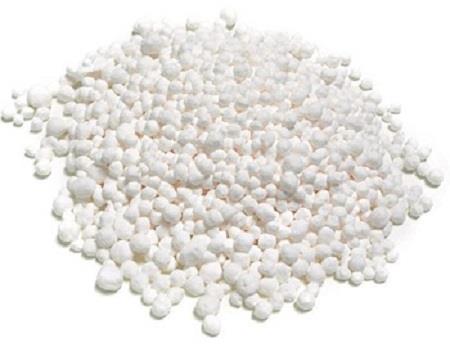Sodium polyphosphate - Uses in Water Treatment and Food Additives
Sodium polyphosphate is a preservative against bacteria, molds, and yeasts. When used in high concentrations, it can cause skin irritation. Polyphosphates are sequestering and deflocculating agents, primarily in water treatment, food processing, and cleaning compounds; heavy-set detergent builders. Sodium polyphosphate is a preservative against bacteria, molds, and yeasts.
When used in high concentrations, it can cause skin irritation. Polyphosphates are direct food additives and they are used to treat municipal drinking water, but depending upon the concentration and duration of exposure these substances can induce chemical burns.
Water Treatment
Polyphosphates are used in mineral sequestration by municipal and local authority water systems around the world to control hard water issues such as iron and calcium in drinking water. Polyphosphates are an essential mineral in the human body and play a key role in blood coagulation. Produced and released by platelets they activate Factor XII which is essential for blood clot formation. On an industrial scale, polyphosphates are derived by mining minerals or through plant extraction.
Polyphosphates are water treatment chemicals used to solve specific water quality problems resulting from inorganic contaminants (iron, manganese, calcium, etc.) in ground water supplies and also to maintain water quality (inhibit corrosion, scale, biofilm, reduce lead and copper levels) in the distribution system. Polyphosphates are used in water treatment along with many different phosphate compounds that exist for use in the water treatment process. Polyphosphates work together, stabilizing water quality and minimizing color, scale, deposits, corrosion, and chlorine demand in drinking water systems.
They are available in either liquid or solid form to fit different application needs. The solid form we use resembles clear beads or granules. These granules can be used in water treatment products such as filters and descalers.
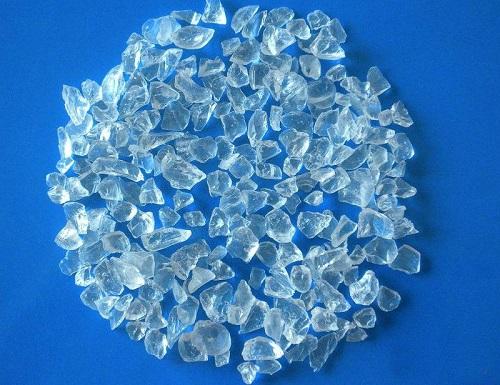
Food Additives
Sodium polyphosphate, potassium polyphosphate, sodium calcium polyphosphate and calcium polyphosphate are used as food additives. They are not known to pose any potential health risk other than those generally attributed to other phosphate sources (including those naturally occurring in food). While concerns have been raised regarding detrimental effects on the bones and cardiovascular diseases, as well as hyperphosphatemia, these seem to be relevant only for exaggerated consumption of phosphate sources. In all, reasonable consumption (up to 40 mg phosphate per kg of body weight per day) seem to pose no health risk.
Preparation
Sodium tripolyphosphate is produced by heating a stoichiometric mixture of disodium phosphate, Na2HPO4, and monosodium phosphate, NaH2PO4, under carefully controlled conditions. In this way, approximately 2 million tons can be produced annually.
References
2 https://en.wikipedia.org/wiki/Sodium_triphosphate
3 https://honestwaterfilter.com/polyphosphates/
4 https://www.chemicalbook.com/ProductChemicalPropertiesCB0278207_EN.htm
You may like
Related articles And Qustion
Lastest Price from Sodium polyphosphate manufacturers
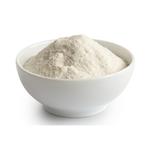
US $76.00/kg2025-04-21
- CAS:
- 68915-31-1
- Min. Order:
- 1kg
- Purity:
- 0.99
- Supply Ability:
- 10000
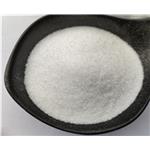
US $0.00-0.00/KG2025-04-21
- CAS:
- 68915-31-1
- Min. Order:
- 1KG
- Purity:
- 99%
- Supply Ability:
- 10 mt
